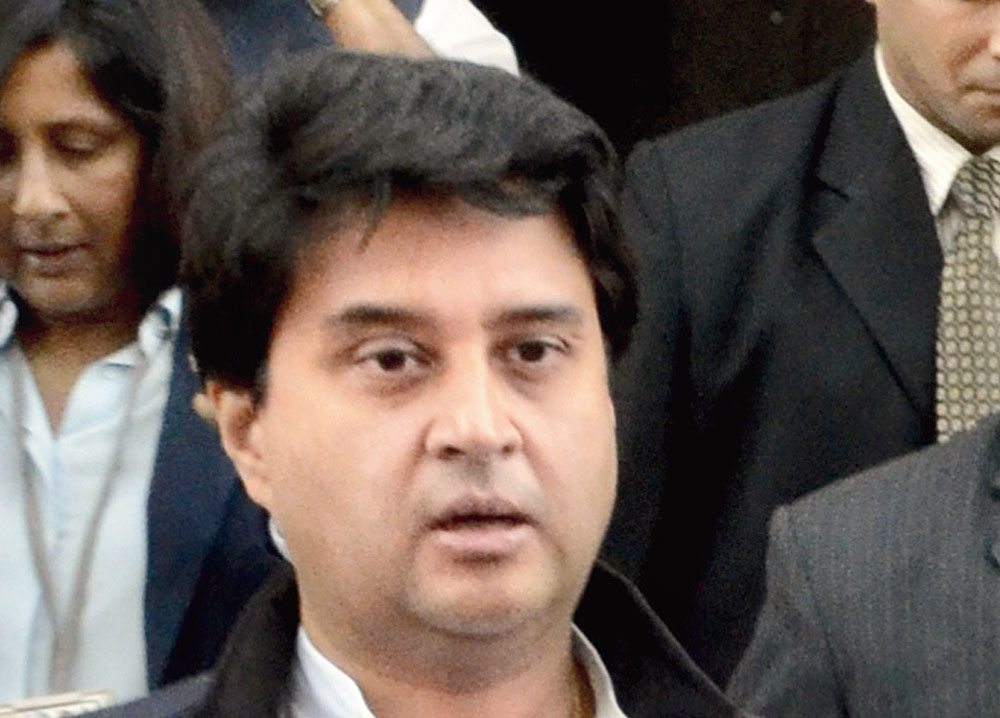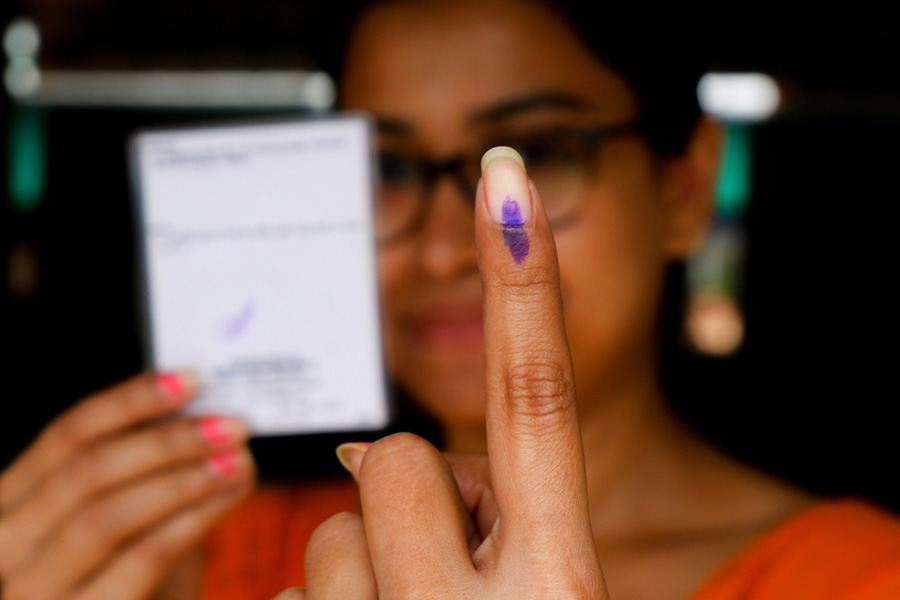The dominant narrative that the election in Uttar Pradesh was a battle between the Samajwadi Party-BSP combine and the BJP knocked the Congress out of the frame at the very outset, district-level Congress leaders have told the leadership.
Humiliation of party workers, tickets to outsiders, weak organisational machinery and the Pulwama-linked nationalism discourse were also cited as factors that contributed to the Congress debacle.
These sentiments were expressed by district-level office-bearers and candidates of 10 constituencies neighbouring Delhi at a review meeting called by the general secretary in charge of western Uttar Pradesh, Jyotiraditya Scindia.
Majority of participants felt voters stopped seeing the Congress as a viable option once the SP and the BSP formed the alliance. The sheer size of the coalition rendered the Congress to be the third player, they pointed out.
One leader who participated in these meetings said: “The general perception was that the fight was basically between the SP-BSP combine and the BJP knocked most of the Congress candidates out of frame. Voters bluntly told us ‘we support you but you won’t win’. This was a unique crisis in Uttar Pradesh as our leaders couldn’t convince the voters that we were fighting to win. This wrong strategy, coupled with organisational problems, did us in.”
Senior Congress leaders acknowledge this perception, contending that the miserable performance was not indicative of the hope that Rahul Gandhi and Priyanka Gandhi Vadra generated among the anti-BJP voters. They are not particularly unhappy with the SP-BSP break-up, insisting that the Priyanka factor would manifest itself in the coming months if the organisational structure is strengthened.
Priyanka is also holding review meetings in eastern part of the state. Scindia will hold another meeting on June 14 in Lucknow.
Many complained about the “neglect and insult” of party workers for full five years while they were expected to pour their heart out in the election. They said the old grudge that workers coming to Delhi were not given audience by senior leaders and office-bearers remained unaddressed.
Only one out of the 10 candidates in these constituencies was truly a local while nine were outsiders who didn’t stay in the constituency. The connect with the voters was negligible.
“If a candidate has to tell the voters of Noida that I am a local because I studied in an institute here, you can understand what the response will be, especially if the rival lives in the area and is known to everybody. Rahulji publicly said he will not allow paratroopers who drop from the sky at election time but didn’t implement this. Every worker gets annoyed if an outsider is thrust upon them,” a leader said. The meeting witnessed some tense moments when one leader, K.K. Sharma, started listing past mistakes and talked about the misdeeds of Ghulam Nabi Azad, the former general secretary in charge of the state.
Scindia intervened and advised him to talk about the reasons for the defeat instead of blaming individuals. But Sharma said the Congress was destroyed in Uttar Pradesh by Azad. Scindia then firmly told him to avoid attacking senior leaders or leave the venue. Sharma walked out of the meeting and spoke to the media about the incident.
Suggestions to strengthen the organisation and formation of booth committees across the state were given by every participant.
Some aired suspicion that EVMs were manipulated, pointing to the mismatch between votes polled and the support base assessed by booth-level scrutiny. But they conceded that they were not in a winning position in most of these seats. The leadership has decided not to talk about EVMs loosely unless and until irrefutable evidence is gathered by any candidate.











